Ranjit D. Udeshi v. State of Maharashtra (1965)
AIR 1965 SC 881 • Supreme Court of India • India

Quick Summary
Case Title: Ranjit D. Udeshi v. State of Maharashtra, AIR 1965 SC 881.
A bookseller in Bombay sold Lady Chatterley’s Lover (unexpurgated). He was prosecuted under Section 292 IPC for obscenity. The Supreme Court upheld the conviction. The Court balanced free speech with public decency, looked at the work as a whole, and treated Section 292 as strict liability for keeping obscene material for sale.
Issues
- How should courts test obscenity—Hicklin test or community standards?
- Is Section 292 IPC an unconstitutional limit on Article 19(1)(a) freedom of speech?
- Does Section 292 require intention/knowledge to corrupt (mens rea)?
Rules
- Speech vs Morality: Free speech and expression are protected, but must yield when public decency/morality is substantially crossed.
- Overall Effect: A work should be judged as a whole, not just by isolated words/lines.
- Social Value: Obscene elements may be tolerated where the work has a clear, preponderant social purpose.
- Strict Liability under Sec. 292: Possession for sale of obscene material is punishable without needing to prove intent.
Key lens: Indian standards of decency and the likely effect on vulnerable readers.
Facts (Timeline)
1959–1965
- Happy Bookstall in Bombay sold an unexpurgated copy of Lady Chatterley’s Lover (12 Dec 1959).
- Magistrate held the book obscene under Sec. 292; partners fined (with default imprisonment).
- Bombay High Court upheld the conviction.
- Appeal to the Supreme Court raised Article 19(1)(a), validity of Sec. 292, and the proper test for obscenity.
Arguments
Appellant (Udeshi)
- Sec. 292 is vague and violates Article 19(1)(a).
- Judge the book as a whole; look for redeeming value.
- Need intention to corrupt for punishment.
- Modify Hicklin: avoid condemning a work for scattered offensive words.
Respondent (State)
- Sec. 292 fits Art. 19(2) exceptions (decency/morality).
- Work has a pervasive sexual atmosphere offending Indian standards.
- No mens rea required; keeping for sale is enough.
Judgment

The Supreme Court upheld Section 292 IPC and the conviction. It affirmed that free speech must be balanced with public decency/morality. Assessing the overall impact of Lady Chatterley’s Lover, the Court found it legally obscene in the Indian context. No proof of intent to corrupt was required for liability.
Ratio Decidendi
- Overall effect test applied; obscenity not judged by isolated parts alone.
- Article 19(2) permits reasonable limits for decency/morality.
- Strict liability: For Sec. 292, proof of intention/knowledge is not required.
- Social purpose can save a work only if it clearly outweighs the obscene effect.
Why It Matters
Udeshi is a cornerstone for obscenity law in India. It guides how courts balance free speech with public morality, how to read a work as a whole, and when Section 292 applies without mens rea. It is often a starting point for later “community standards” debates.
Key Takeaways
- Sec. 292 IPC is constitutionally valid under Art. 19(2).
- Obscenity is judged by the overall impression on likely readers.
- No intent to corrupt is needed for keeping obscene material for sale.
- Social merit must be preponderant to outweigh obscenity.
Mnemonic + 3-Step Hook
Mnemonic: “WHOLE—WEIGH—WITHOUT”
- WHOLE: Judge the work as a whole.
- WEIGH: Weigh social value against obscenity.
- WITHOUT: Liability without intent for sale (Sec. 292).
IRAC Outline
Issue: Is selling an unexpurgated erotic novel punishable under Sec. 292 IPC? What test applies to obscenity?
Rule: Speech protected by Art. 19(1)(a) can be limited for decency/morality (Art. 19(2)); assess the overall effect; Sec. 292 imposes strict liability.
Application: The novel’s pervasive sexual tone offended Indian standards; no need to prove intent to corrupt; social purpose did not outweigh the effect.
Conclusion: Conviction sustained under Sec. 292 IPC.
Glossary
- Obscenity
- Material that offends accepted standards of decency/morality and may corrupt vulnerable readers.
- Hicklin Test
- A classic test focusing on tendency to deprave/corrupt; in India it is tempered by overall-effect reading.
- Section 292 IPC
- Penal provision against sale/keeping for sale of obscene material; does not require proof of intent.
FAQs
Related Cases
Share
Related Post
Tags
Archive
Popular & Recent Post






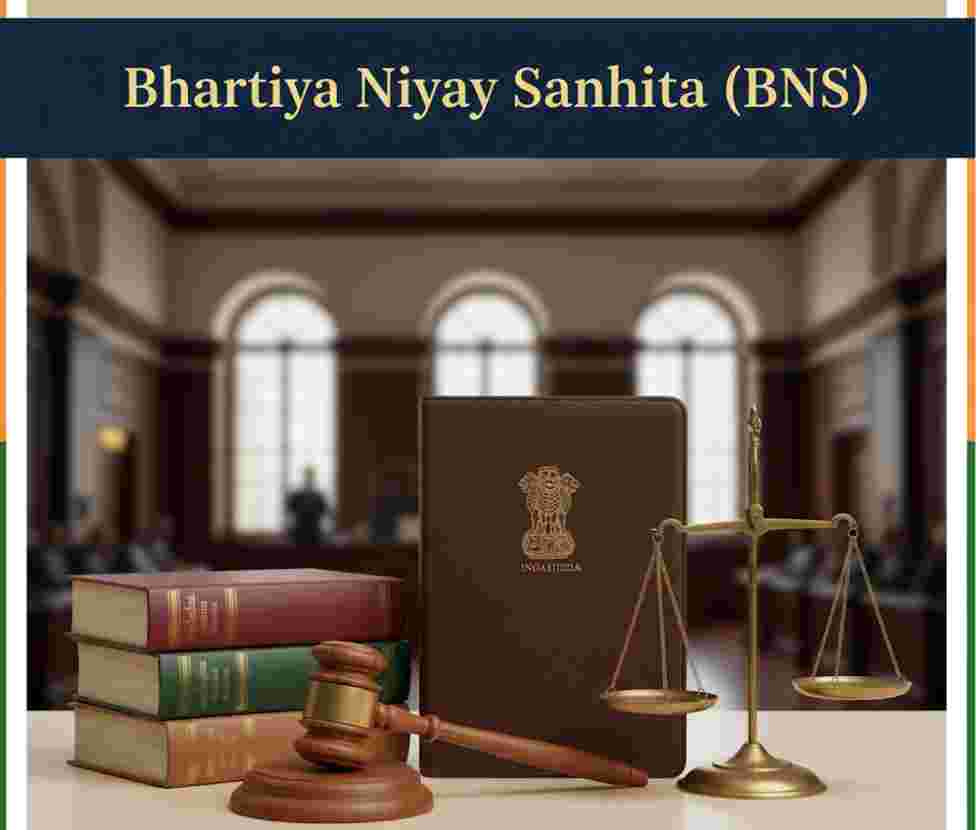
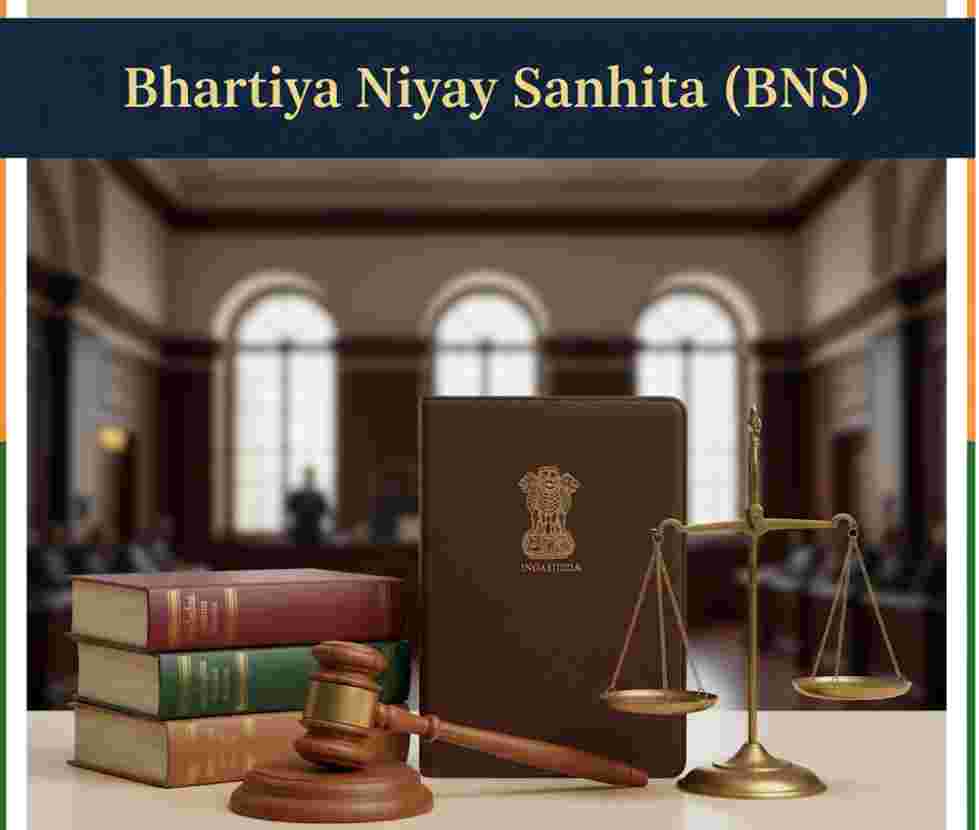
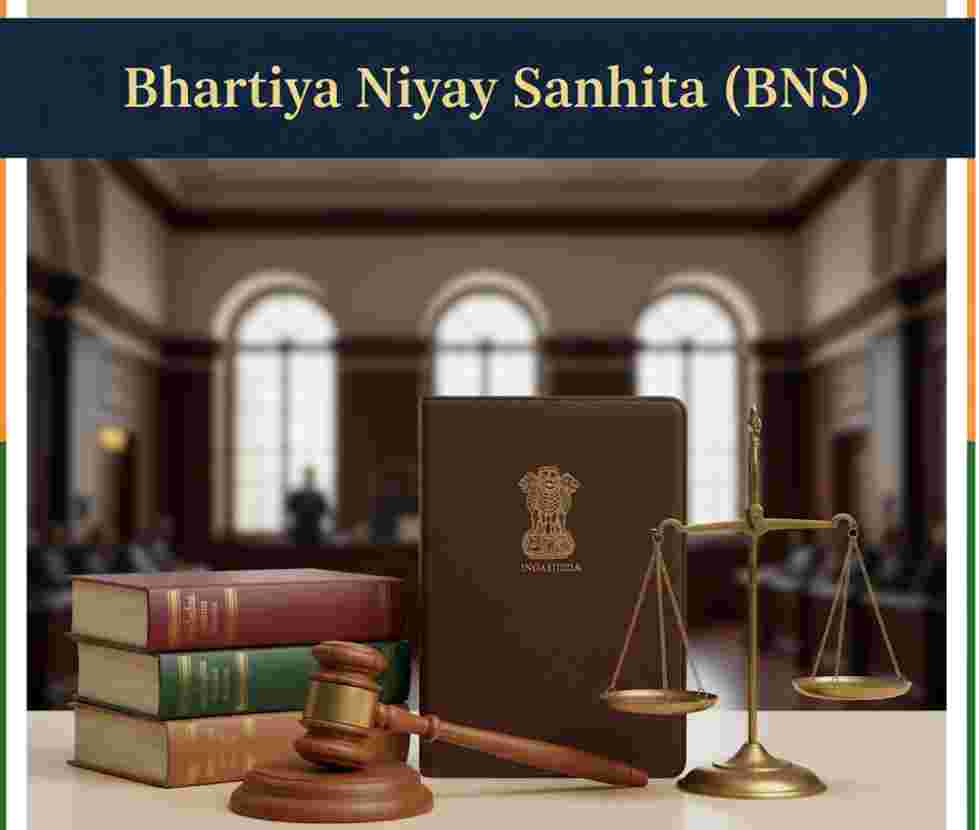
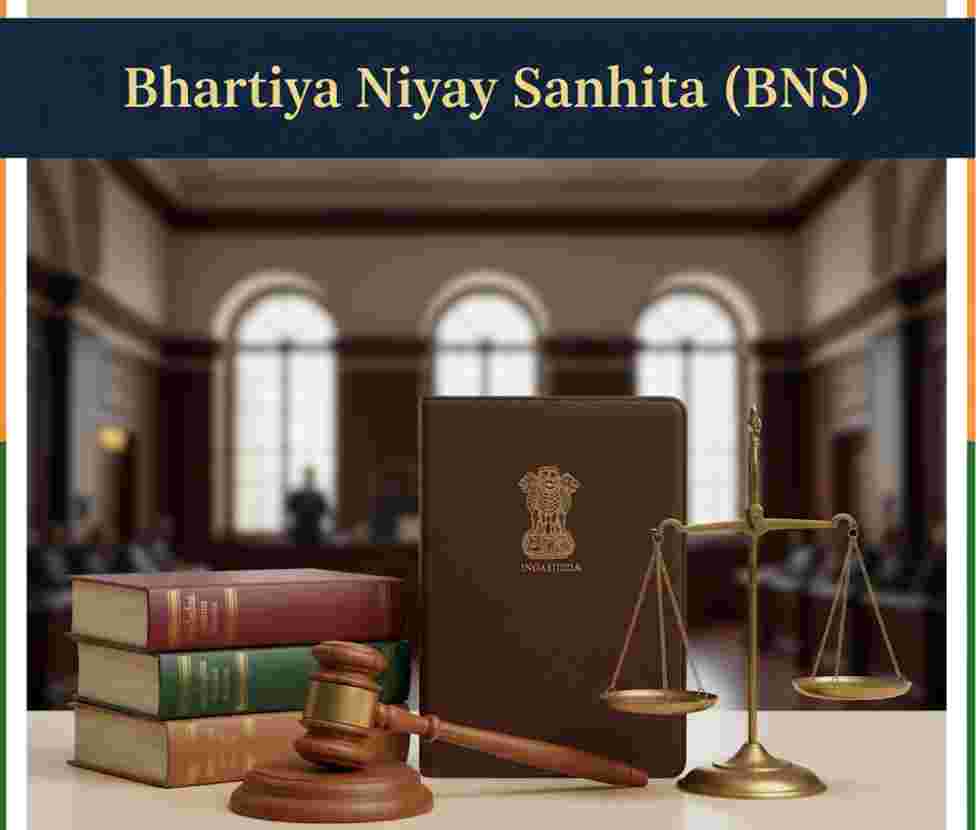
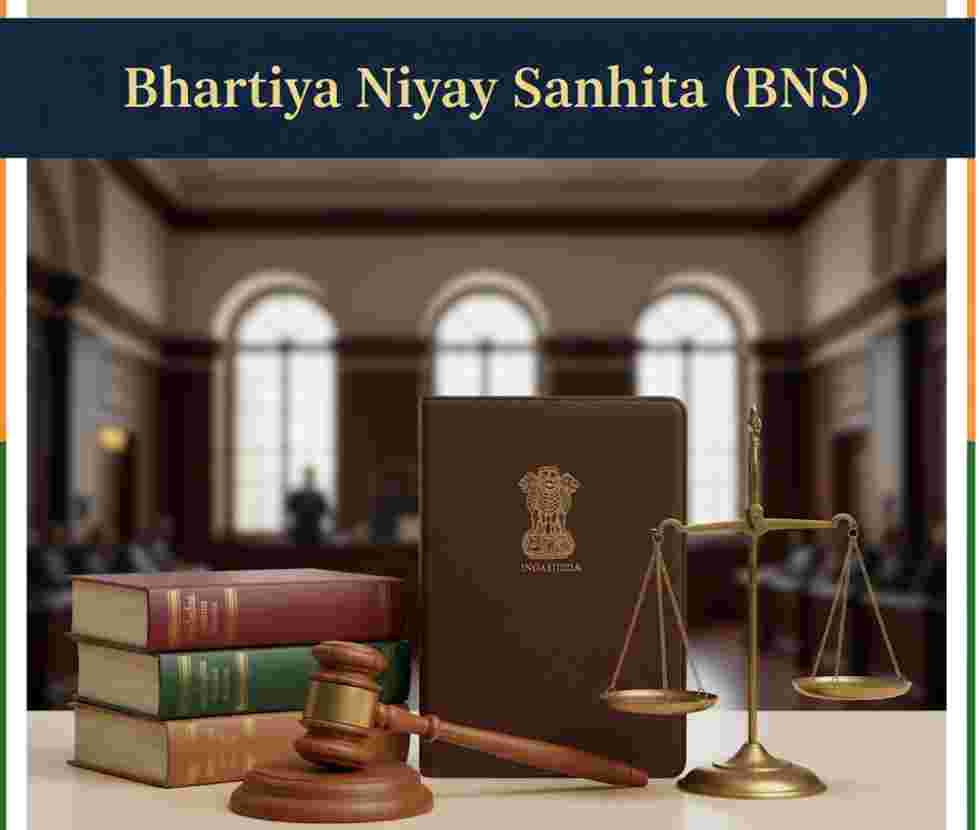
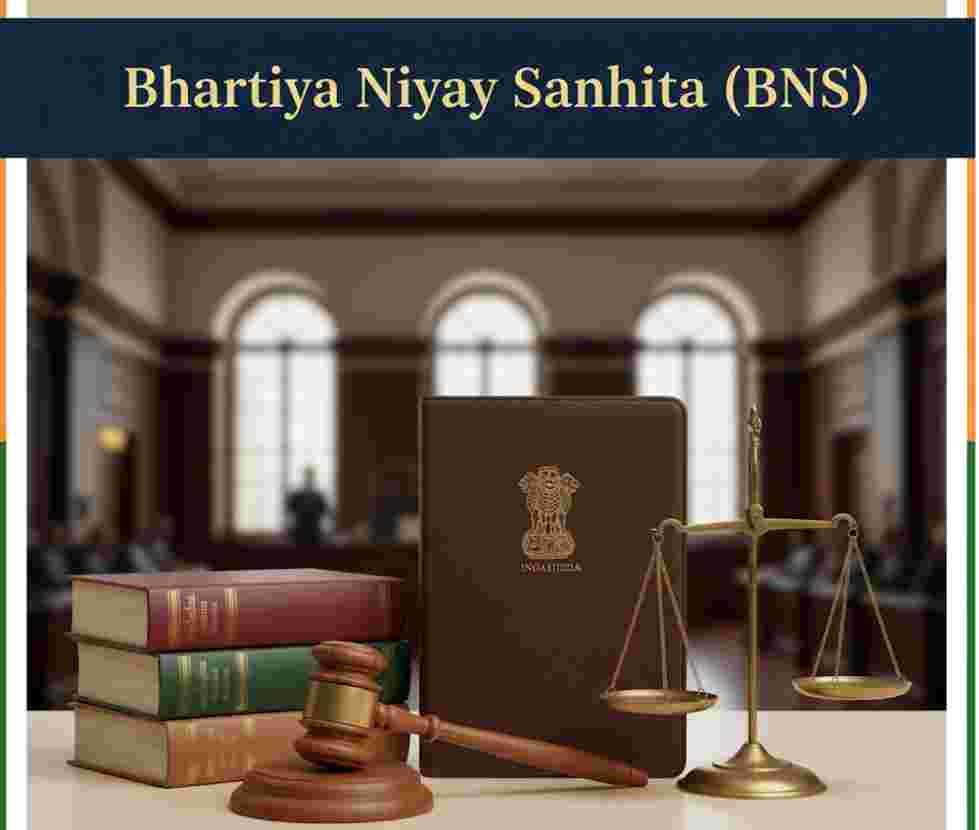
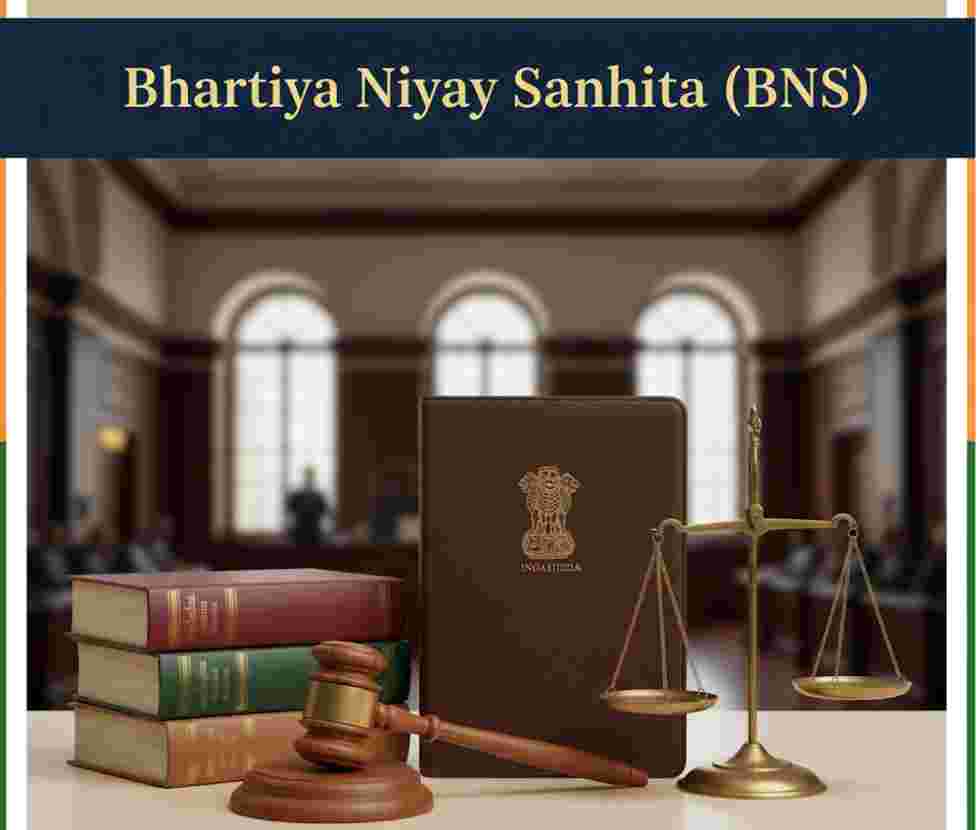
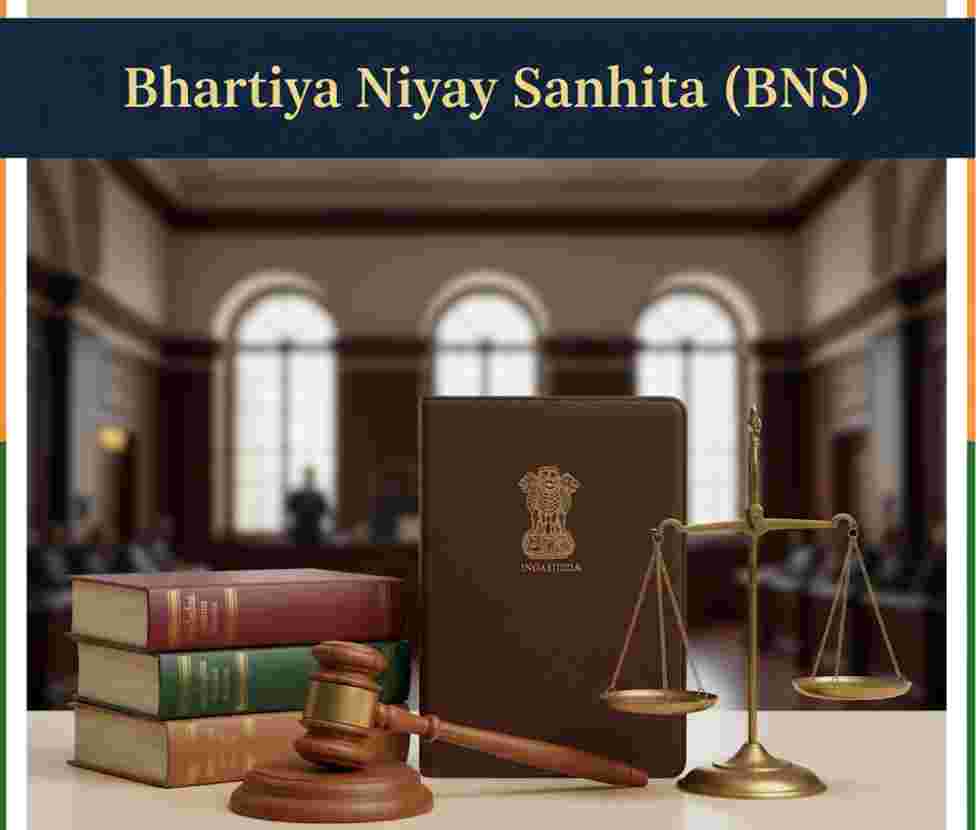
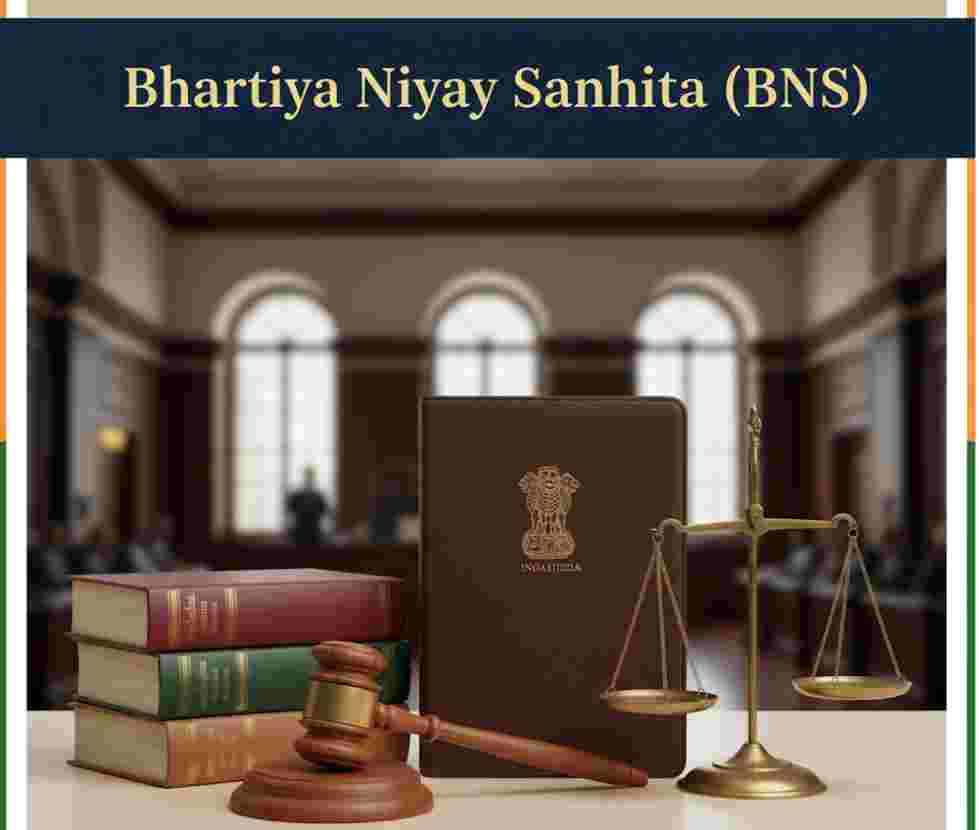
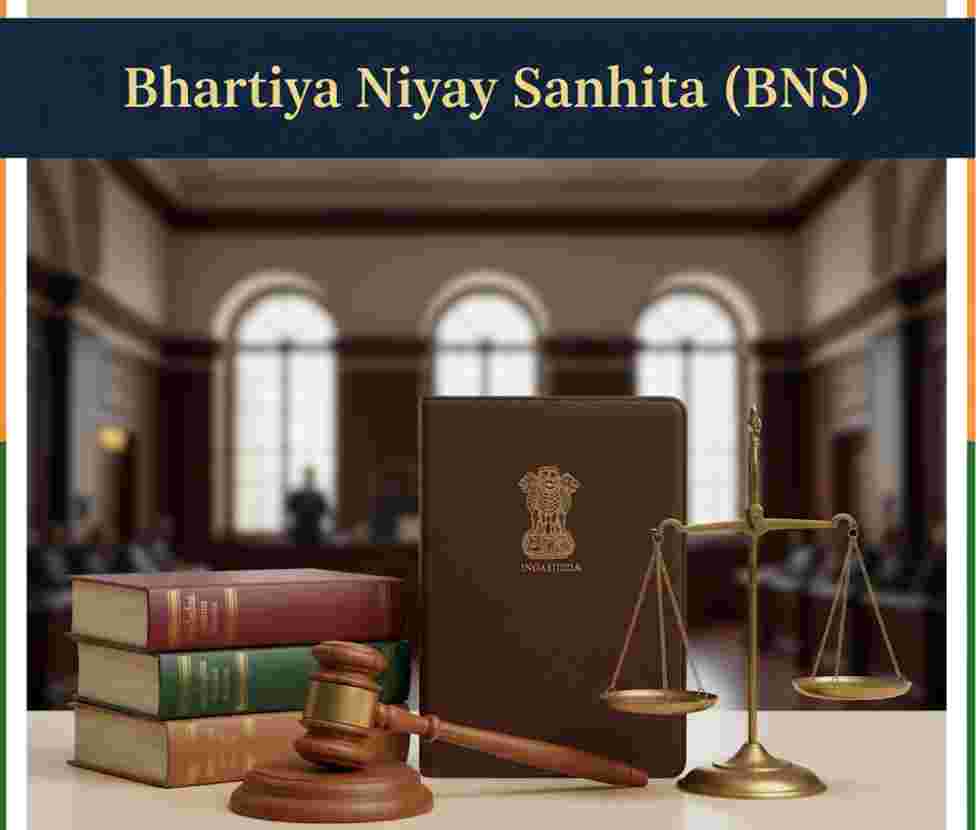
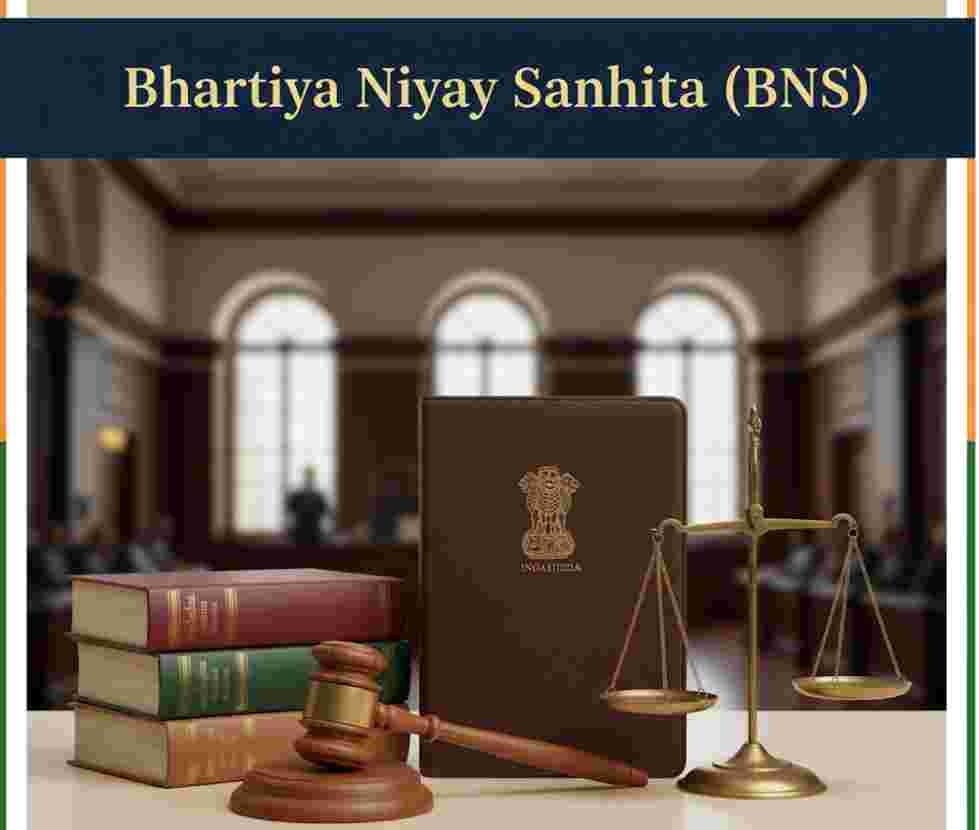
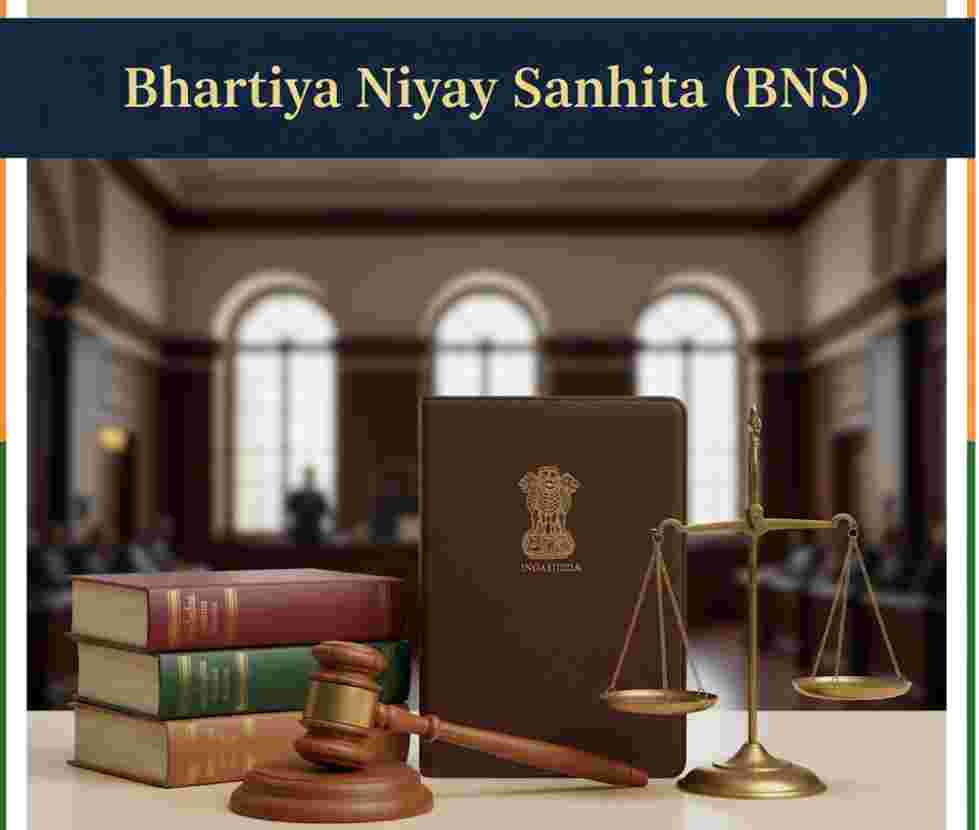
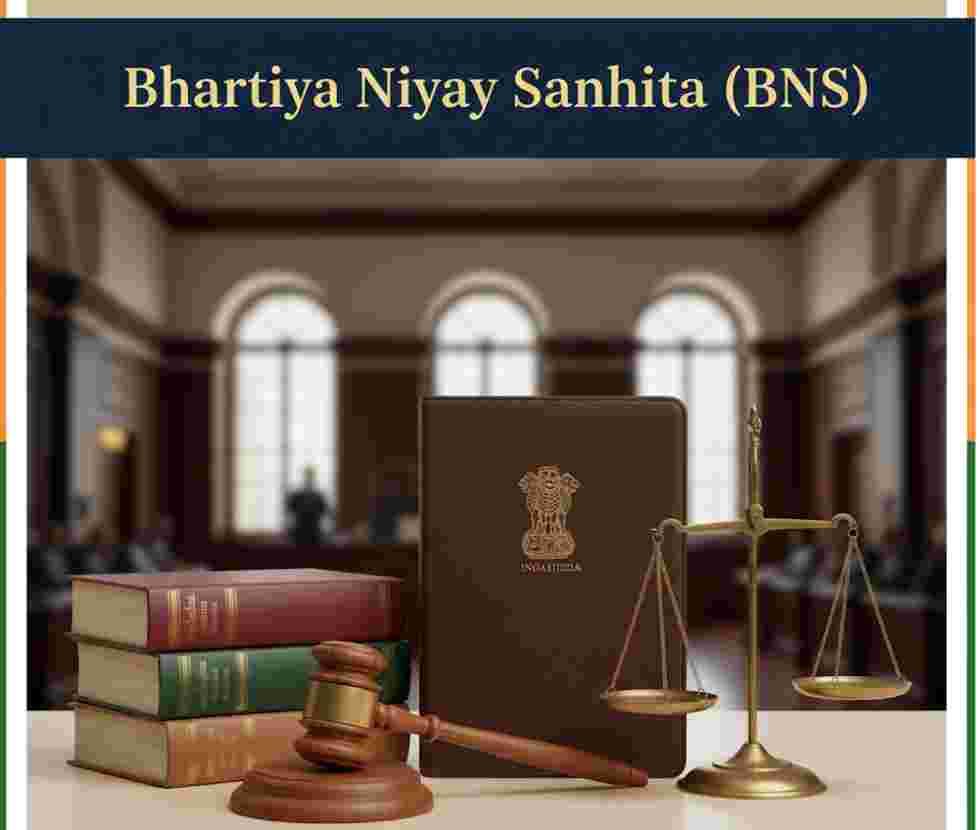
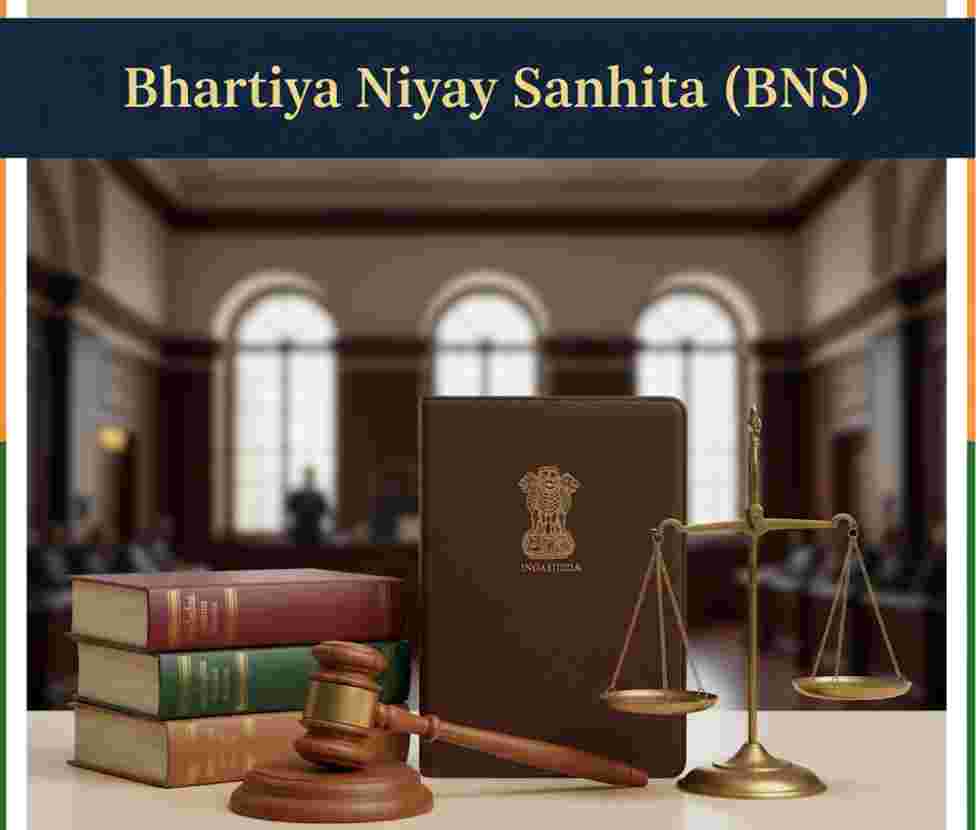
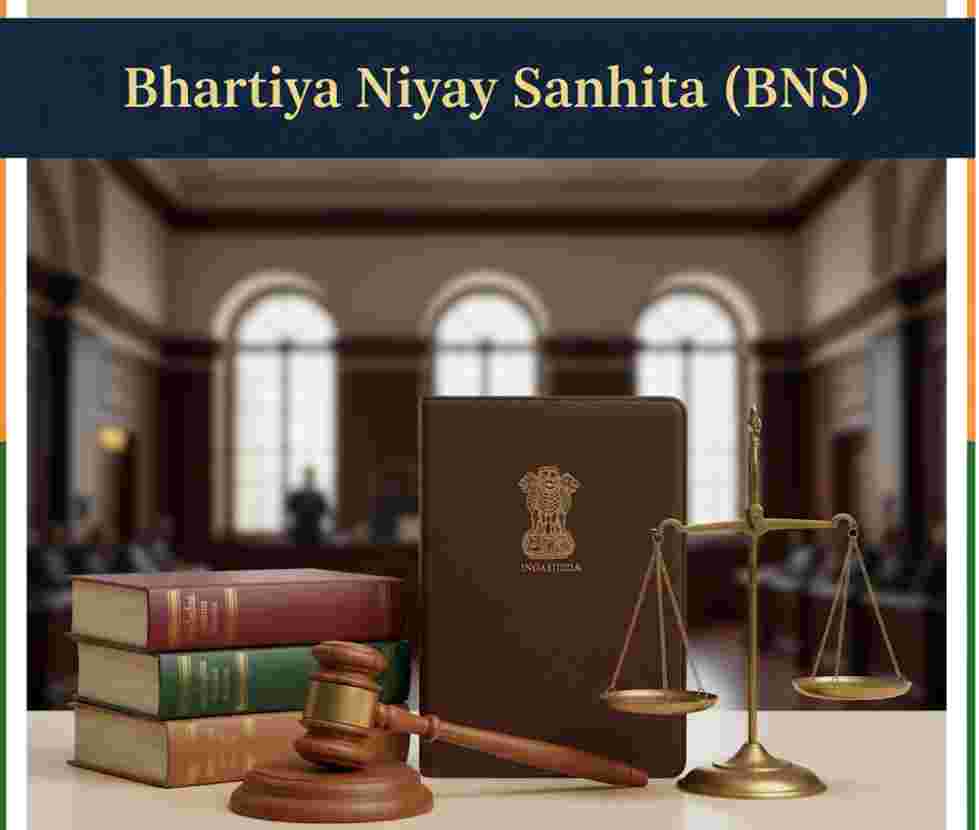
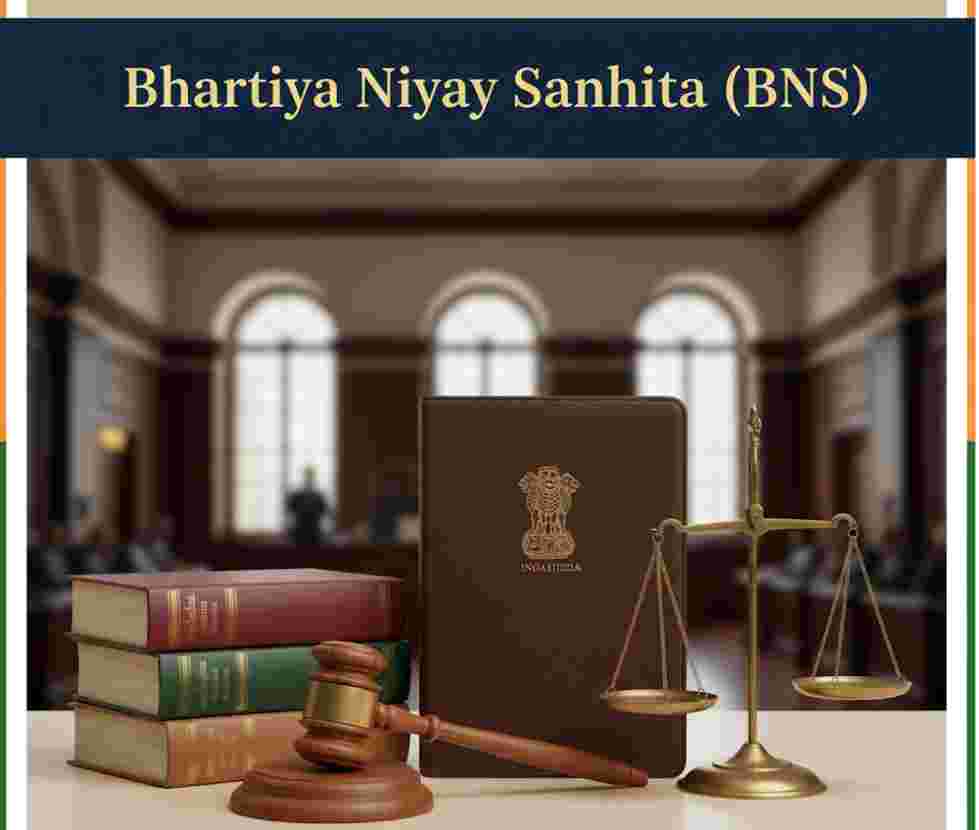
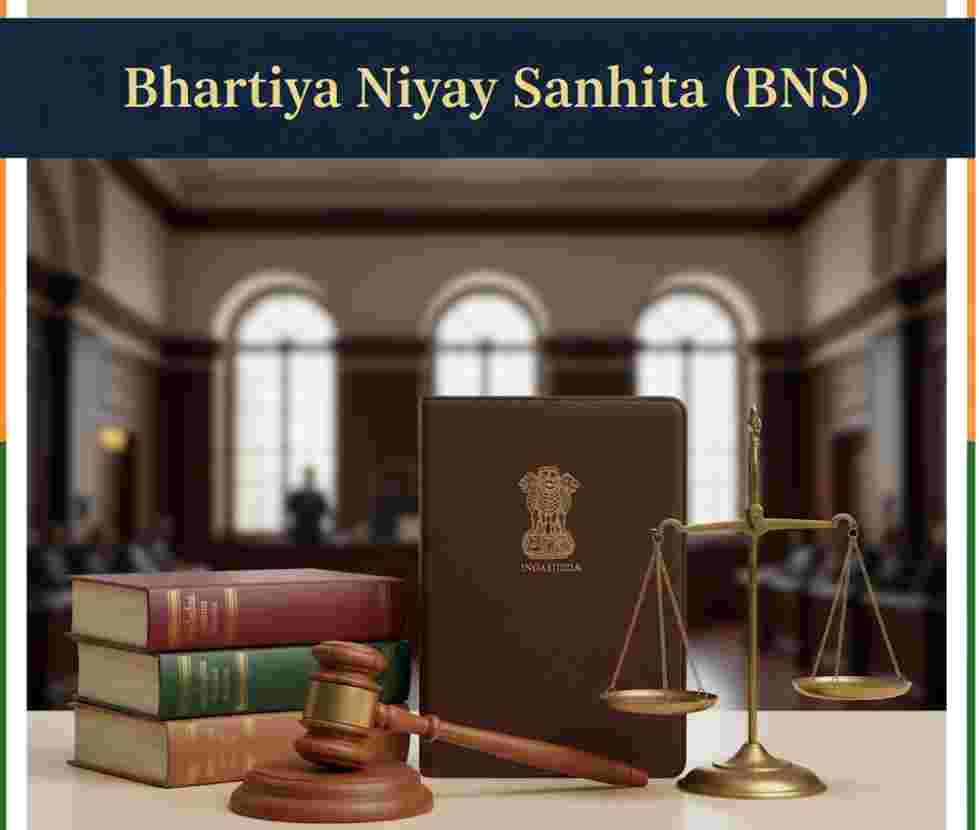
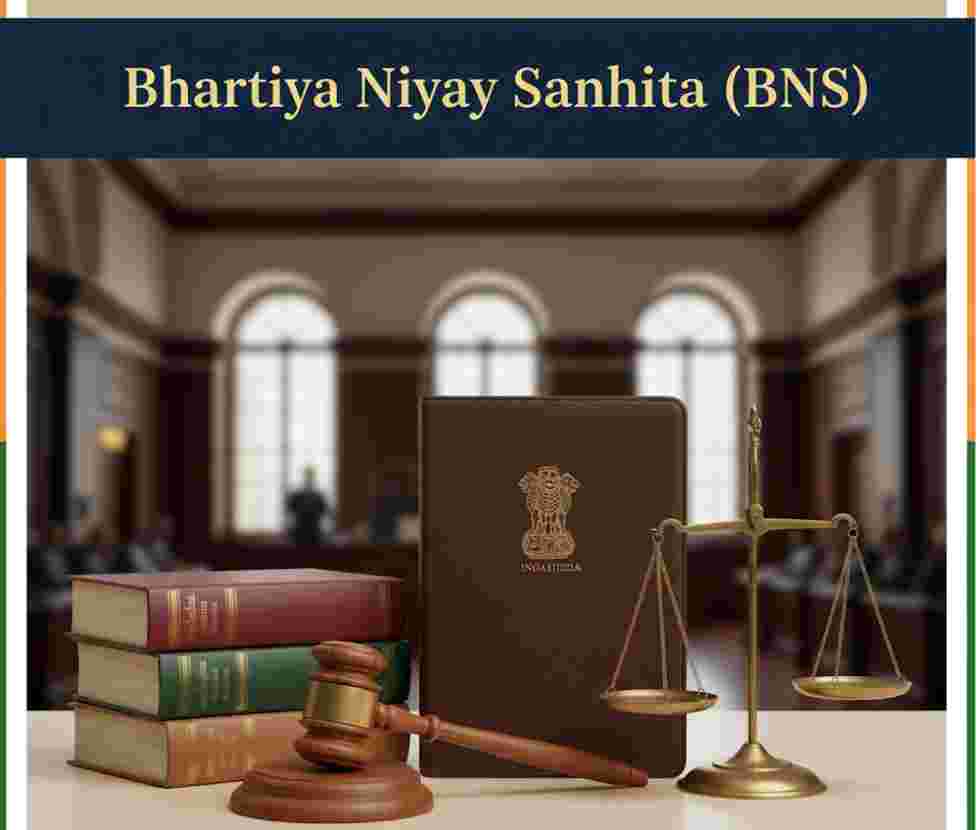
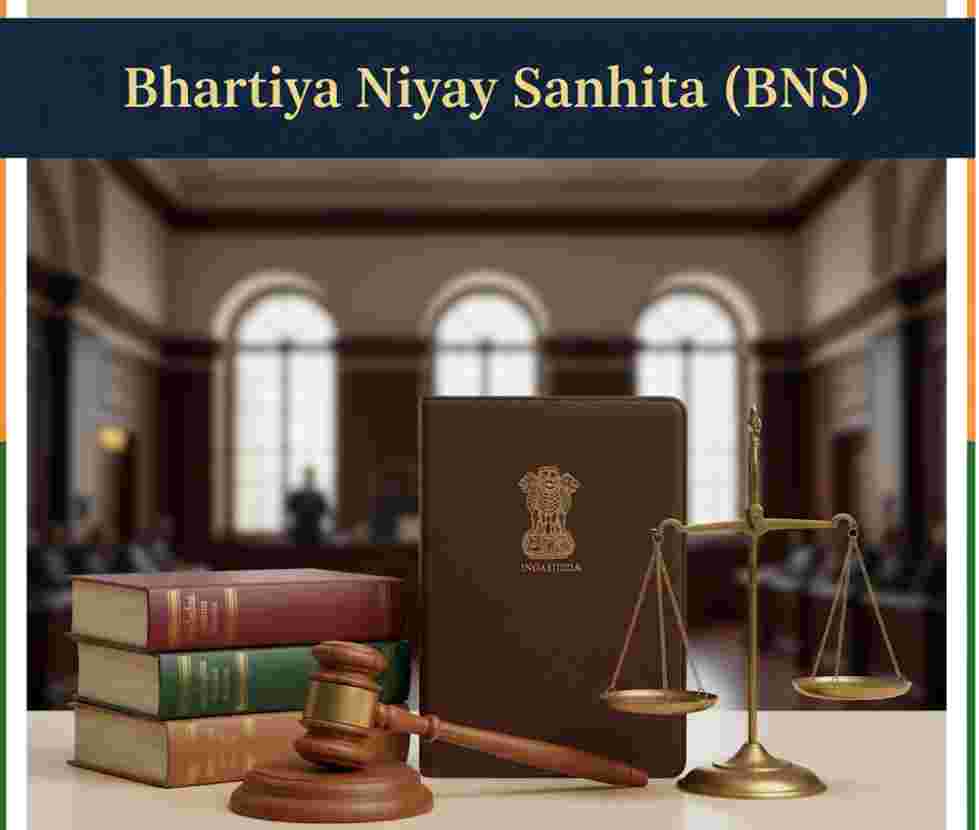
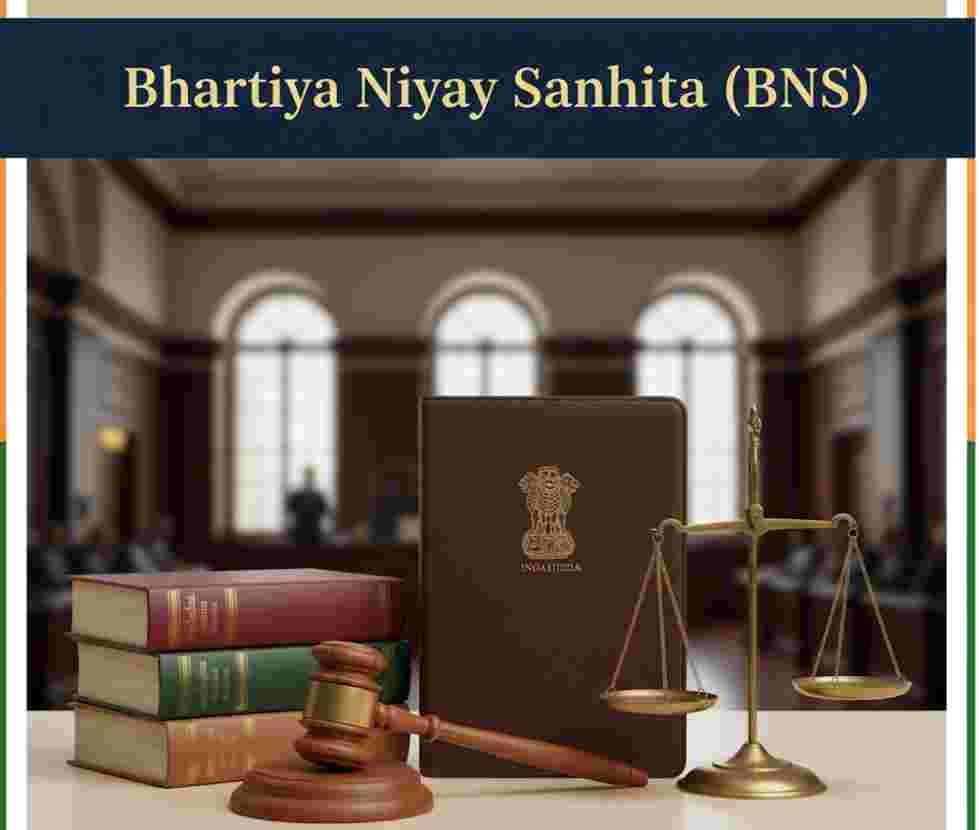
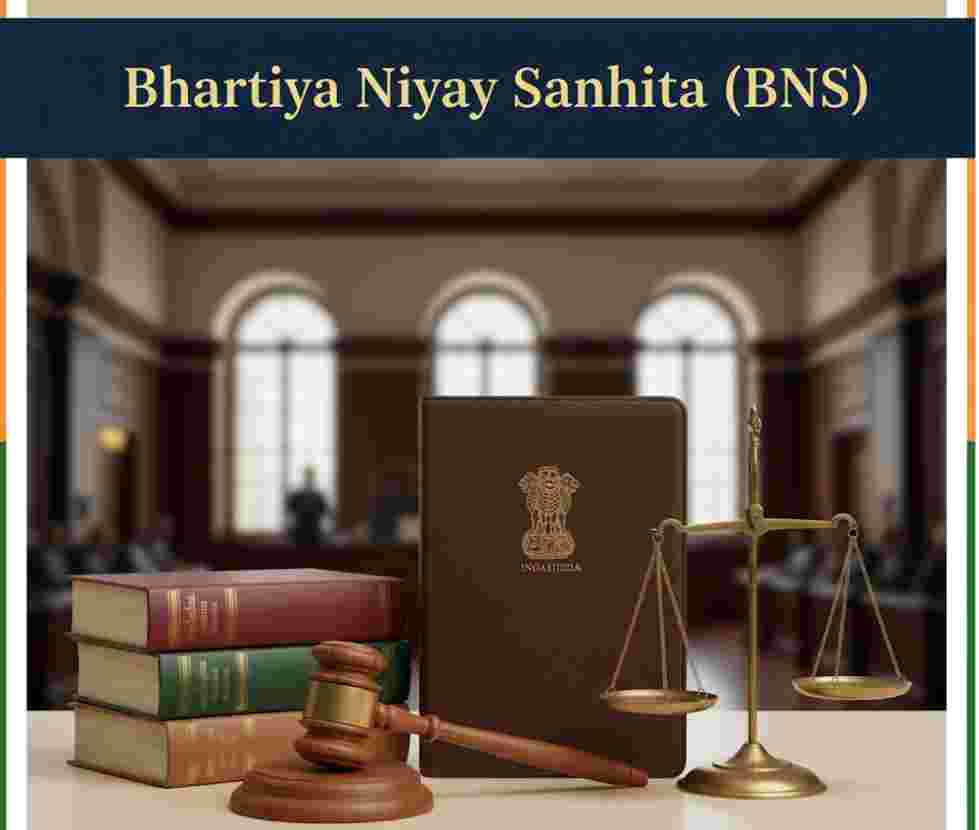
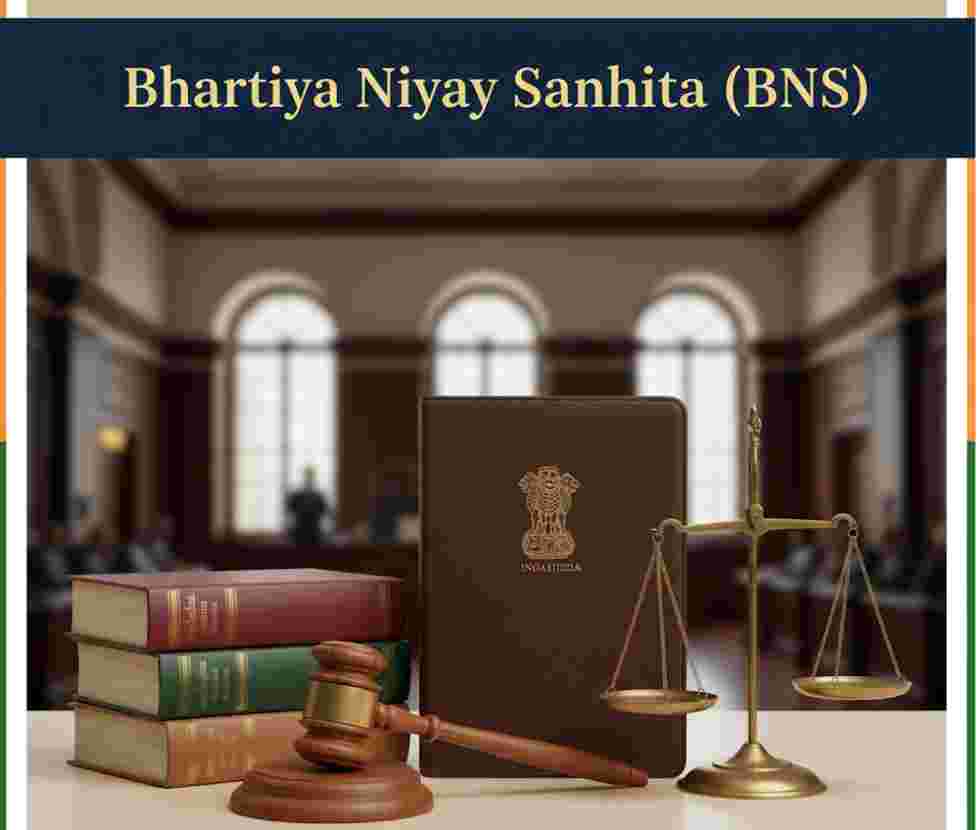
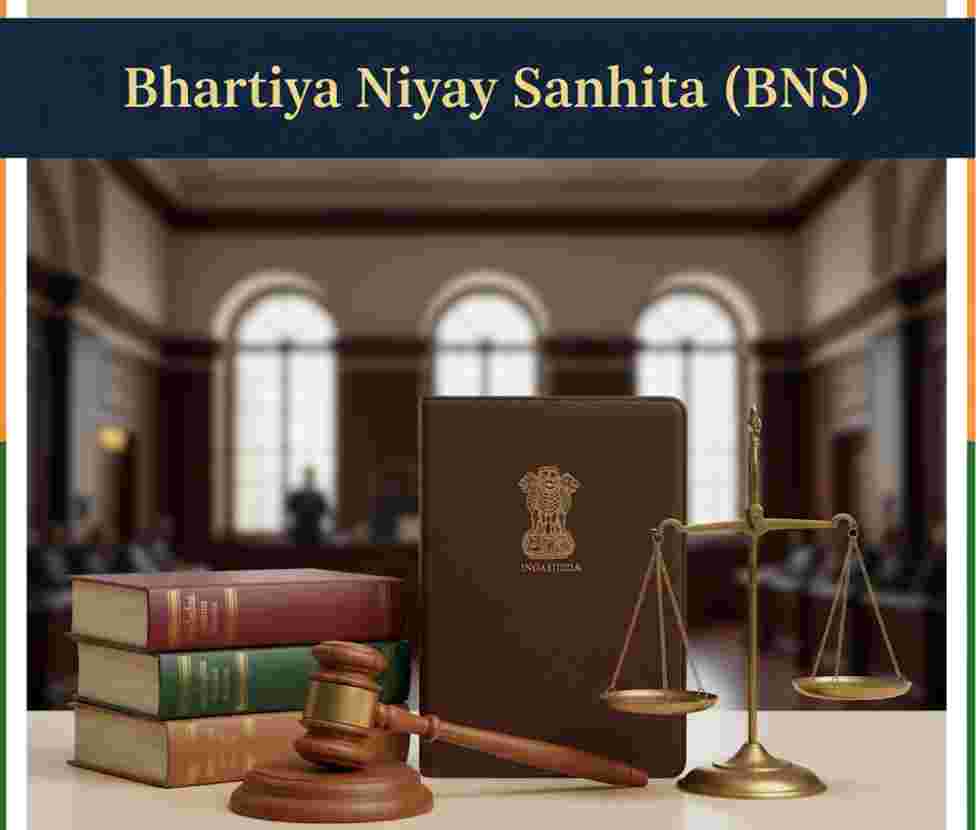


































































































Comment
Nothing for now